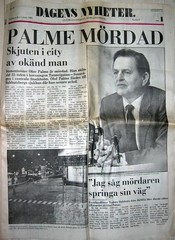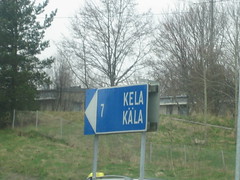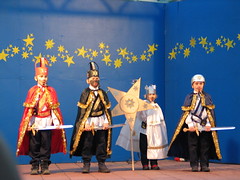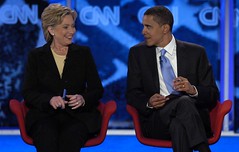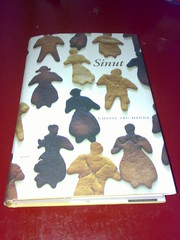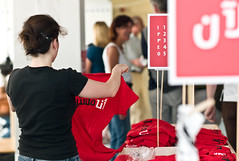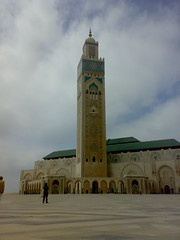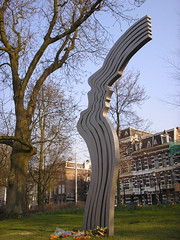
We at Demos Helsinki (together with the centre liberal think tank e2) organised this week a future course for Finnish decision makers on immigration policy and the future of Finland. By focusing on the year 2030 we wanted to stress the fact that diversification will happen and it forces the society to rethink both cohesion and welfare. Detaching the participants from the current challenges, starting from 20 years from now and then counting backwards demonstrated well to them that change is possible as well as needed. Already in 2025 Finland is expected to have 500 000 pensioners and 300 000 immigrants more than currently.
We asked the twenty participants to narrow the outcomes into statements, which will be developed into a larger publication during the fall. Here are the outcomes:
It´s about resources.
Immigration cannot be solved purely as a question of attitudes and tolerance. It is fairer for all to talk about resources and needs. Immigration is already part of Finnish reality. Immigration will not save nor destroy Finnish welfare state but it offers a possibility for starting a rethinking process on welfare.
The work place needs to change.
Change is needed more in the work place and in professional communities than in the individual immigrant. Transformation training is needed in organisations faced with diversity. In order to open up the strong Finnish social networks we need financial support for extracurricular activities (sports, hobby clubs) around and within culturally diverse companies and public organisations. In order to speed up change, affirmative action can be used as a tool in recruitment for professions such as police officers and teachers (encounter professions).
We need a joint, hopeful future.
There is need for an inspirational concept of a Finnish future that is based on rights, responsibilities and goals of a better shared daily life. The best possible brand for Finland is created through happy people and communities. We need stricter equality politics in order to build a shared and fair future.
We need to learn Russia.
Understanding Russia and Russian are crucial for understanding immigration. Finland has already loads of unused competence on the issue, mutta purely mobilising that is not sufficient. There is a need to update the stuffy and narrow ideas of Russia into more exciting ones.
Politics of experimentation
We need courage to live with uncertainty. We need to openly acknowledge that we do not know what works. We need more research and more experimental politics. We need to support also unclear organisations.
Good Finland, happy families
We need to bring families to the core of diversity politics. Finland needs to strive to be the place for the happiest childhood on the planet without forcing families into uniformity. Schools need to be used as buildings and communities for parental volunteerism and non-governmental work such as hobbies, sports and clubs. Taking part in pre-school education only part time of the week needs to be possible in order to support various ways of combining work and parenting.
